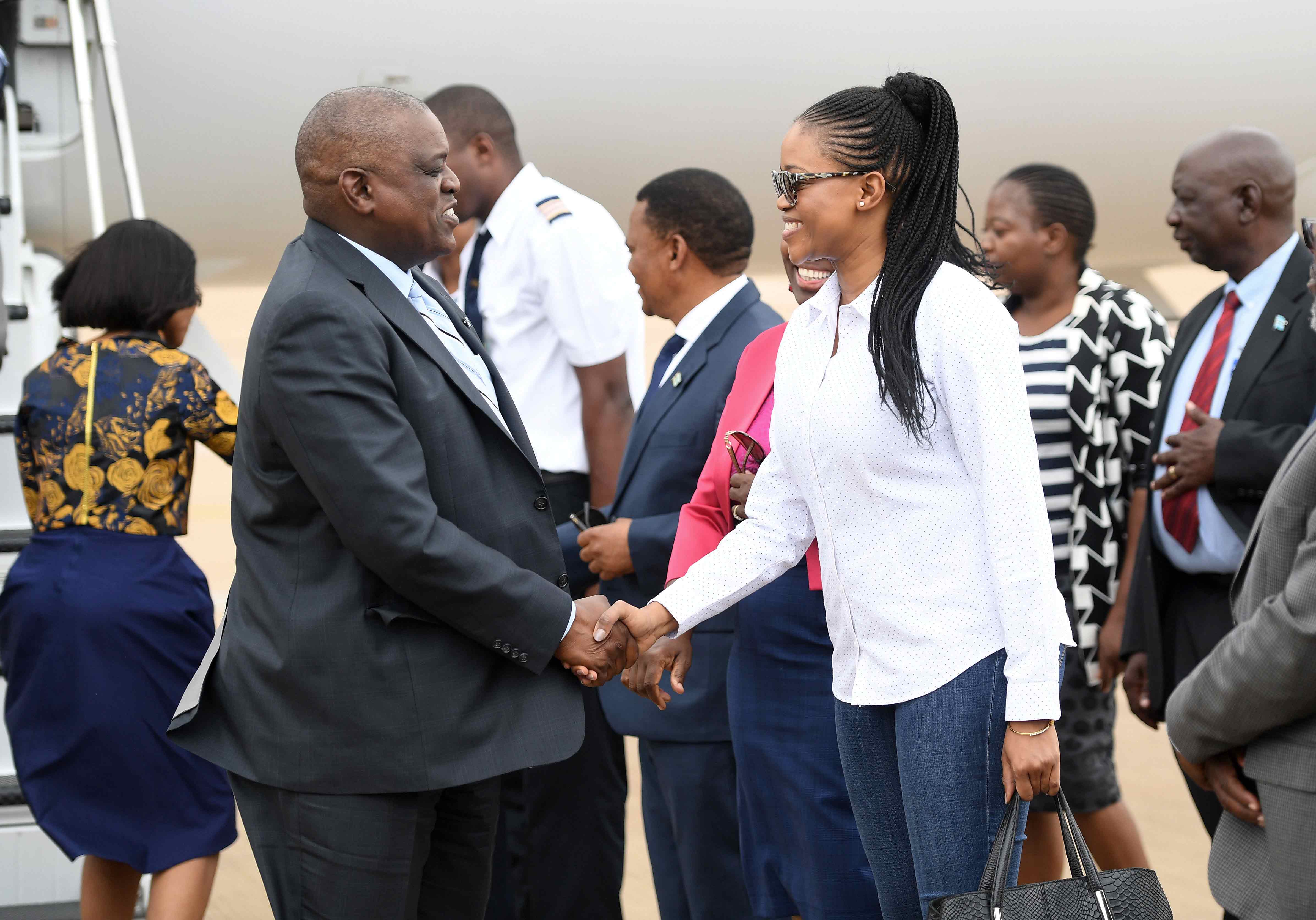- Employment on the rise
- New policies could improve FDI
- GDP grows significantly
- Jobs lost at BCL compensated for
GAZETTE REPORTER
The new government that has been in place since April 1st 2018, when President Mokgweetsi Masisi took office following the end of former President Ian Khama’s 10 year term, has been making improvements to the policy environment from a business and growth perspective, says Managing Director (MD) at Econsult Botswana, Dr. Keith Jefferies.
According to Jefferis, Gross Domestic Product (GDP) data for the period to the end of the third quarter 2018 showed an improvement in economic growth to 5.1 percent over the 12 months to September. He said this partly reflects a revision of historical GDP data, now showing that real growth in 2017 was actually 2.9 percent, not the 2.4 percent previously reported.
“But more positively, it reflects a broad-based improvement in growth, across most economic sectors, between second quarter (Q2) and third quarter (Q3) 2018. Our preferred measure of economic activity from the perspective of future sustainability, the output of all sectors excluding diamonds and government shows growth at 5.2 percent year-on-year in Q3, compared to only 0.6 percent a year earlier. So there are clear signs that economic growth is improving,” said the former BoB Deputy Governor.
The economic pundit further said that there has also been a welcome upturn in employment, with the number of jobs created increasing by 1.6 percent in the year to September 2018, at a time when Masisi was the head of state, compared to a contraction of 0.8 percent in the previous year under former President Ian Khama’s tenor.
“Although the rate of employment creation is still far too low, and is driven more by the public sector than the private sector, it remains the case that the number of jobs created in the economy over the past year has more than compensated for the number lost over the previous year, following the closure of the BCL copper-nickel mine,” he said.
Under President Masisi, policies have also been changed for the better, and Dr. Jefferis said it will help attract investors into Botswana, whom will in turn bring Foreign Direct Investment (FDI).
According to the Econsult boss, the availability of work permits for foreign investors and skilled workers has improved, and the announcement that entry visas will soon be made available on arrival at the main airports and border posts is very welcome as it will improve investor confidence. President Masisi has been making determined efforts to engage with the domestic and international business community to boost investment. A range of business environment reforms have been promised, including deregulation and improved co-ordination between different government departments.
However, Dr. Jefferis noted that many of these require new or amended laws, which is an extremely slow process. He said some policy changes still need to be better thought through from the perspective of their impact on the private sector. The third and fourth quarters of 2018 were generally positive from an economic perspective, with higher GDP and employment growth, and improvements to the policy environment. This has been supported by greater transparency from government, improved communication, and attempts to address the problem of rising corruption. There has been an improvement in business confidence, with a majority of firms having positive expectations about business conditions, according to the BoB’s September 2018 Business Expectations Survey although due to changes in the format of the survey and its reporting, it is no longer possible to be specific about the numbers or proportions of firms responding positively, in contrast to past surveys.

